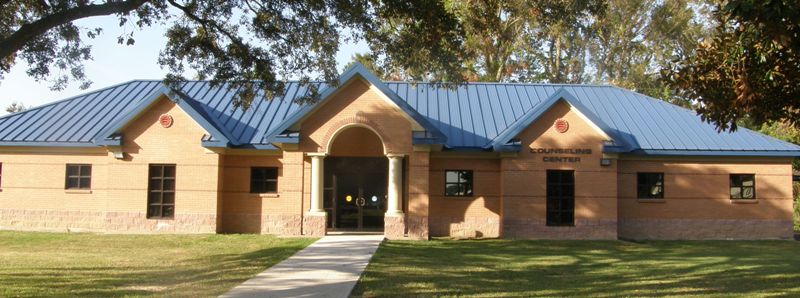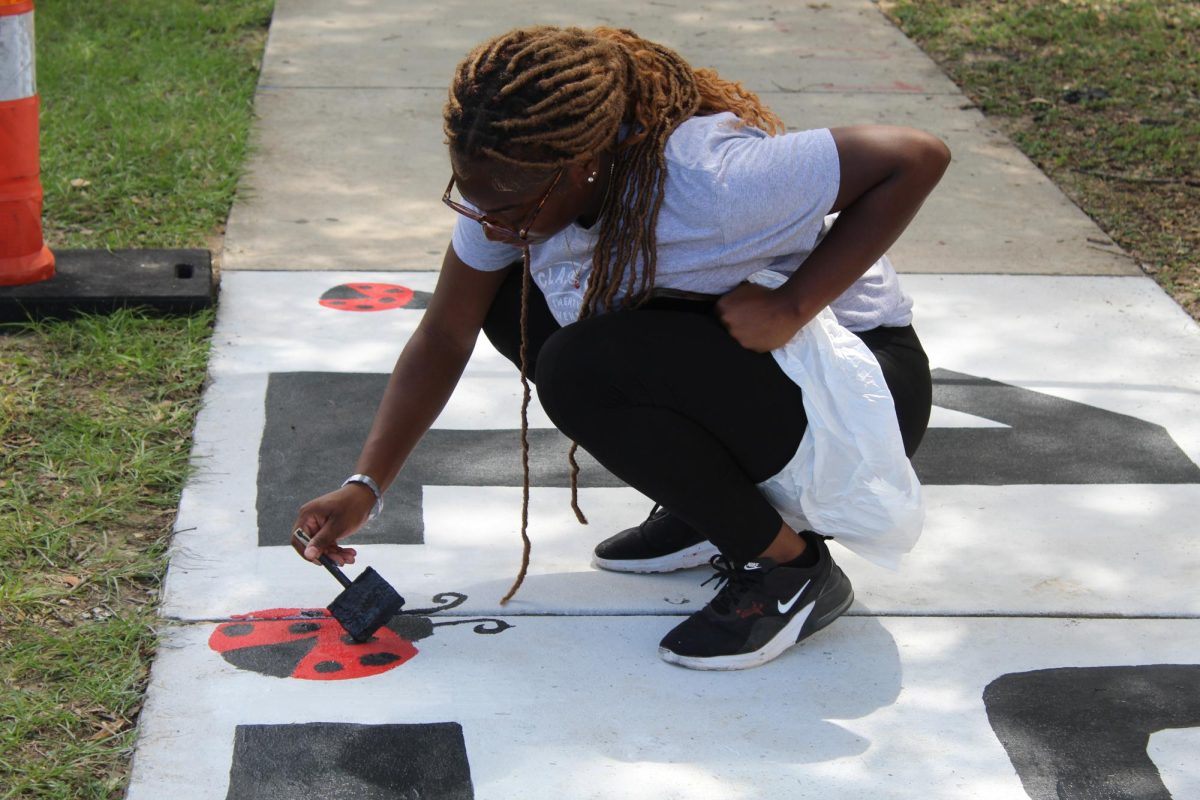Congratulations! The college acceptance letter finally came in the mail. New students can live the college experience of having fun while meeting new people, finding new hobbies and creating memories. However, getting into college is one success but staying in and actually graduating is another. The transition from high school to college can be quite difficult for some students. While college is exciting it can be a place to number of distractions. It’s a huge change and students would have to learn to balance their social lives, extracurricular activities and the reason they came to school in the first place which is to get an education. “Make time for it all” said Jasmine Harding, a senior nursing major from Atlanta, Georgia “Figure out when is the time to study and when is the time to have fun. Yes, go to class every day and study hard but don’t miss out on your college experience,” finished Harding. First thing to not flunk out of college would be to not suffer from poor time management. Do not procrastinate. Work should be done as soon as the teacher assigns it, not put off until the last minute or completely forget it until the teacher asks for it the next class, which is why organization is so important. If a student is organized to the point where every test, quiz, and assignment is planed than that student has a better chance of passing because they are prepared and shouldn’t have to cram work in the night before. Get a planner, write everything in it so nothing is forgotten, that way when it comes time to turn a paper in it will be ready to go. Don’t wait until last minute to study. “Always find a way to study,” Said Donovan Pinkney, a junior English major form New Orleans. “Don’t get into the habit of studying the night before because if you waited all this time and not even looked over any note than I can already tell you that you’re going to fail,” finished Pinkney. Think of procrastinating as wasting money. Every time a student doesn’t pass a class that’s money paid out of pocket or took out of loans that didn’t go towards a degree. “You don’t wouldn’t to suffer the consequences of a bad GPA,” said Alia Brown, a junior nursing major from Houston, Texas. “You can risk losing your financial aid and more. It’s really not worth the trouble.” Also, that can hold a student back from getting their next classification status due to lack of credit. First time freshman should learn how to plan a schedule that works for their benefit. Everyone is not the same. Seventeen hours may work for one person but not for other people. “My advice to the freshman would be to plan your schedule right,” said Terry Johnson, a sophomore engineering major from New Orleans. “Don’t schedule all your classes in one day, because you’ll start skipping. If you know you’re not a morning person then obviously an eight o’clock class every day isn’t for you so you shouldn’t take more than you can handle,” finished Johnson. Find the contacts of tutors for hard classes BEFORE it’s to late and then you are on the verge of failing. If you need help for more than one class get in touch with a counselor. They’re there for a reason. Every person in school should set long and short-term goals. Short-term goals should be the GPA a student should aim for at the end of the semester. Enough accomplished short-term goals would make it easier to achieve long term ones. All in all, with a positive mind set any student should be able to succeed.
Categories:
Resources for survival: How to succeed in college
August 27, 2014
0
More to Discover





